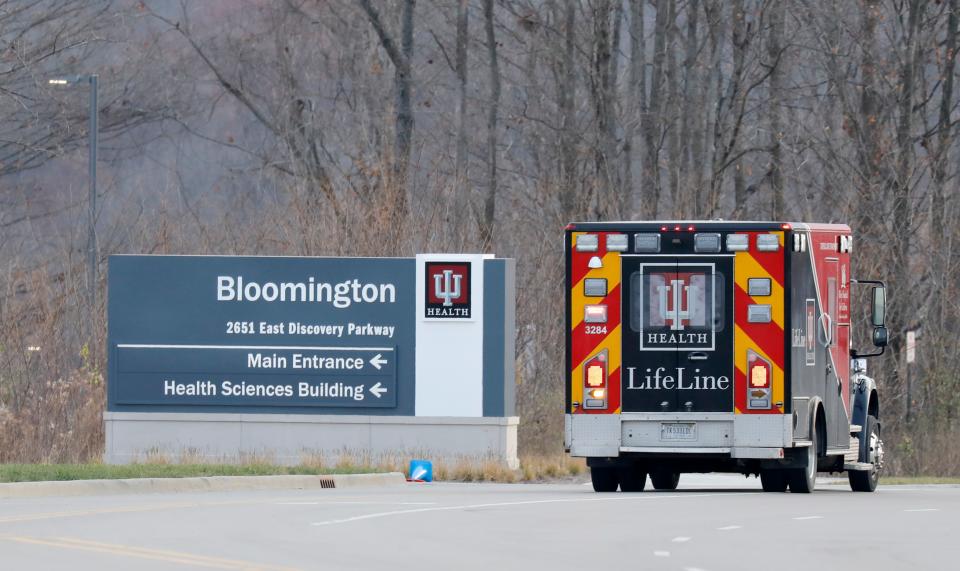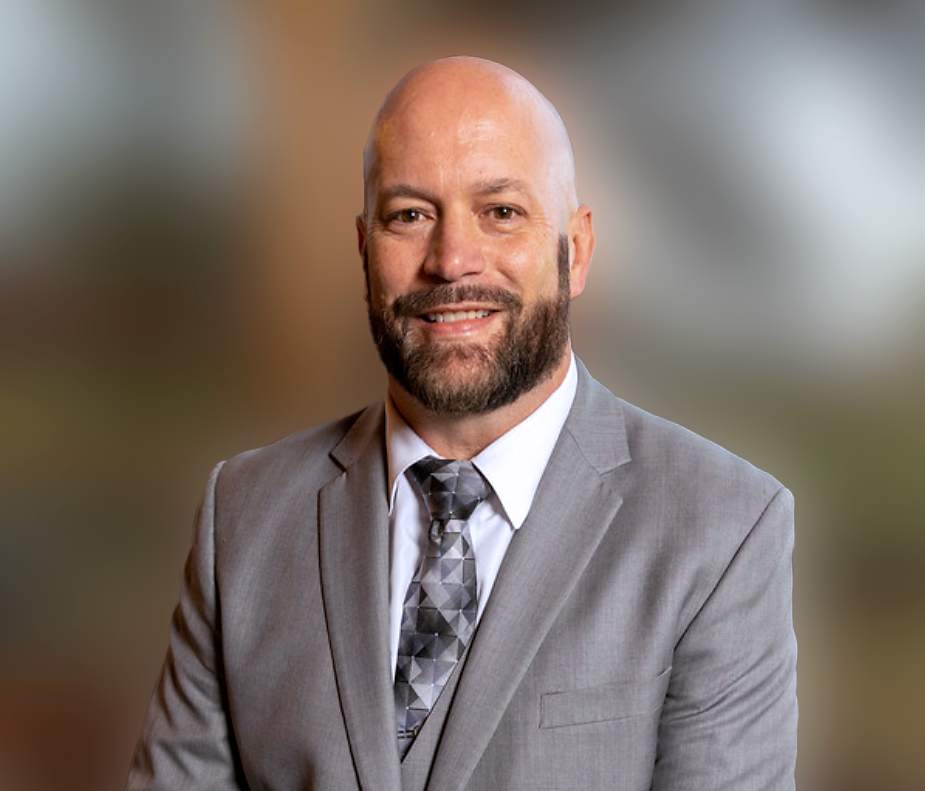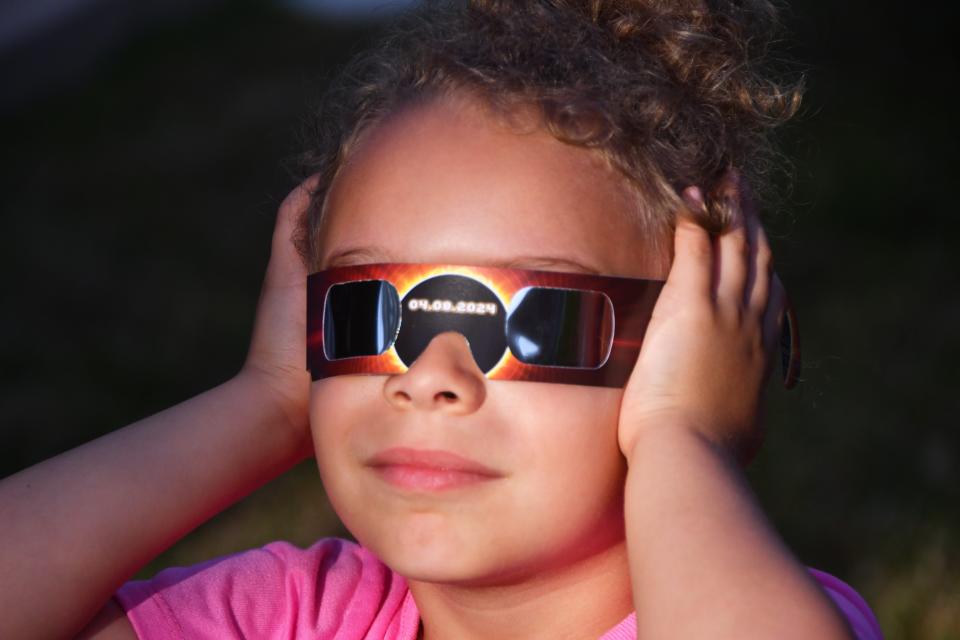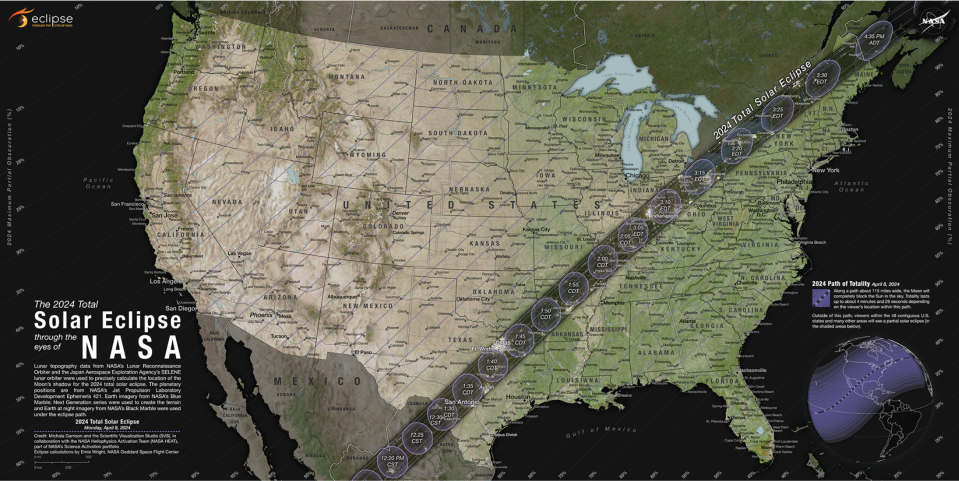How two Indiana hospitals are preparing for 2024 total solar eclipse
Hospitals in Monroe and nearby counties are delaying surgeries and securing additional staff and equipment — including helicopters — for a possible onslaught of patients during the total solar eclipse on April 8.
At Indiana University Health Bloomington Hospital, on the city’s northeast side, as many as 130 doctors, nurses and other critical caregivers will sleep at the hospital, some on cots in a dorm-like environment, for up to two nights.
Jason King, an IU Health executive overseeing hospital prep, said the staff will coordinate operations from an incident command center on the Bloomington hospital’s first floor from 9 a.m. Sunday morning until at least Monday evening and possibly Tuesday morning.


King said it’s better to have overprepared than not be able to handle an unexpected spike in emergency patients.
Monroe Hospital, on the city’s southwest side, also is setting up a command center, and leaders have asked staff not to take that day off to make sure the facility is properly staffed, even if some team members can’t get to work, said Tom Whitehead, director of marketing/business development.
“I’m hoping it’s just a little bit busier, but you really can’t predict that,” he said. “We’re all preparing for something that we’ve really never experienced before.”
The Indiana Department of Homeland Security estimates that 43 million people live in the path of totality. Many more will travel to communities, including Bloomington, that are in the path.
“Public safety officials will be asked to manage a crowd five times the size of the Indianapolis 500 race and across a broad section of the state,” the DHS says on its website.
Planned events and a spike in vehicle traffic threaten to be accompanied by “common headaches associated with large gatherings,” the agency said.
With more cars and planes, big crowds and more distractions than usual, including the actual event, people may be looking up instead of where they’re going. That may mean injuries from bumping into things, falling off things or being run into by things. From cuts and bruises to fractures, hospitals saw more patients than normal during the 2017 eclipse, though King said health care providers experienced greater difficulties with employees not being able to get to work.
Health officials also worry people may suffer eye injuries, despite numerous warnings not to view the eclipse without special eye protection. The American Academy of Ophthalmology warns, “Looking at the sun without the right eye protection — for even a short time — can damage your retina permanently … (and) can even cause blindness.”

First responders also worry people who get injured may not get to the hospital as quickly because of snarled traffic.
King, the IU Health executive, said the hospital’s command center will set up a call with all its teams, including ambulances in the field, at noon Monday, and then at least every three hours, ramping up as needed, to be able to adjust quickly to how things develop. He said IUH also is working with LifeLine to have at least one and possibly two additional helicopters in the area.
He said IU Health has developed its eclipse plan based on feedback from people who experienced the 2017 eclipse and by collaborating with multiple state and local organizations, from police and fire departments to the state health and transportation departments.

King said despite all the behind-the-scenes adjustments, people should follow normal procedures when they have an emergency: Call 911. Whitehead, of Monroe Hospital, urged people to fill their gas tanks a few days before the event, to take water and snacks and to make sure they have some cash, as automated teller machines may see service interruptions.
IU Health, which is setting up similar efforts in its other Indiana locations in the path of totality, including Bedford, also is reducing traffic at the hospitals by not scheduling any non-urgent surgeries during the eclipse.
“We’re just preparing for the worst, but hoping for the best,” King said.
“Our ultimate goal,” he said, “is to say Tuesday morning, “What were we planning all that for?”
Boris Ladwig can be reached at bladwig@heraldt.com.
This article originally appeared on The Herald-Times: How hospitals in Bloomington, Indiana, are preparing for solar eclipse

